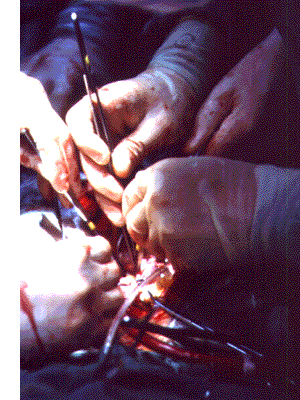If medications and other treatments will not work to manage your heart failure, you and your doctor may have decided that it’s time to consider a heart transplant. While this is a major operation, be comforted by the fact that medical technology has improved greatly since the first heart transplant in 1967 and your chances of survival are better than ever.
If you have heart failure, your heart is still working but not as efficiently as it should. A weakened or damaged heart isn’t able to pump enough blood to keep up with your body’s needs. A heart transplant could be a lifesaving option when other treatments fail.
When faced with a decision about heart transplantation, know what to expect of the heart transplant process, the surgery itself, potential risks and follow-up care.
If your doctor recommends a heart transplant, he or she will likely refer you to a heart transplant center for an evaluation.
If the transplant center medical team determines that you’re a good candidate for a heart transplant, the center will register you on a nationwide waiting list for a donor organ.
The transplant center will provide you with a pager or cell phone to notify you when a potential donor organ is available.
Surgery usually takes about four hours — longer if you’ve had prior heart surgery or there are complications during the procedure.
Without specific medications, your immune system will attack a new heart just as it would a viral infection, so you will be placed on medication. Over time as the risk of rejection is reduced, the doses and number of anti-rejection drugs can be reduced.
The majority of patients who receive a heart transplant enjoy a high quality of life. Most people can return to work within three to six months of a heart transplant and have few if any restrictions.
